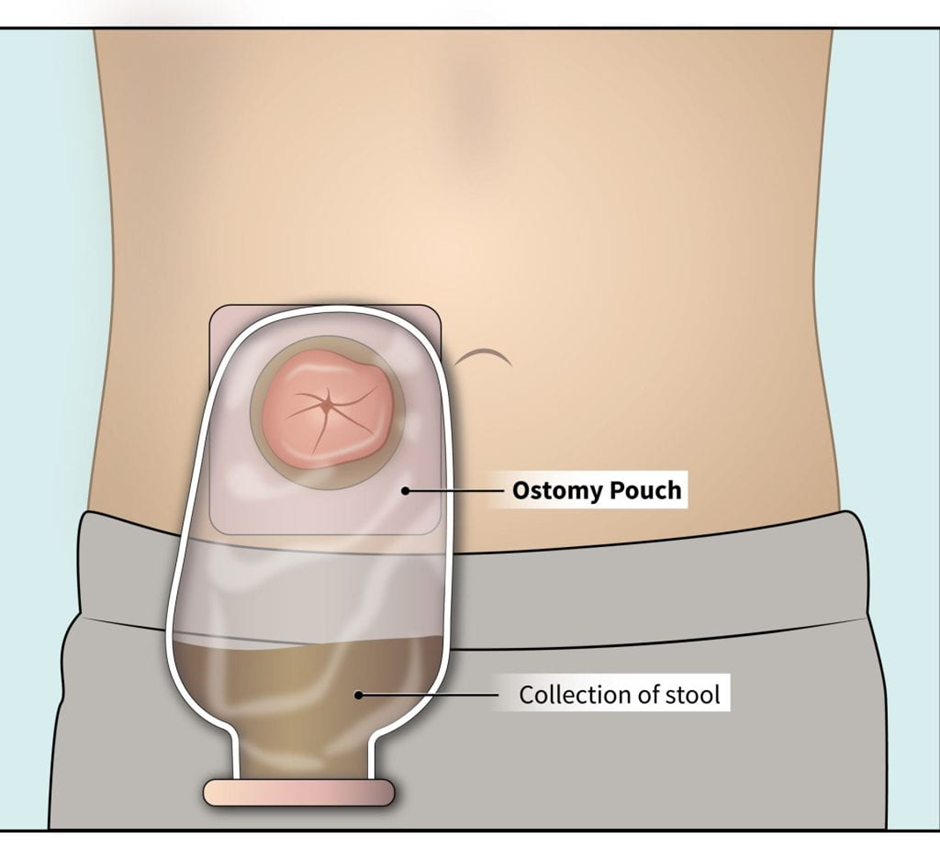A nurse at a long-term care facility is reinforcing teaching with a newly licensed nurse about incident reporting. The nurse should identify that it is necessary to complete an incident report for which of the following situations?
A family member is napping in the client's room.
A client refuses to eat at mealtime
A client's bed alarm is malfunctioning
An assistive personnel is late for the upcoming shift
The Correct Answer is C
A. A family member is napping in the client's room.
This situation, while not ideal, doesn't involve harm or potential harm to a client, staff, or visitor. It may be addressed through communication and policy reminders but may not require an incident report.
B. A client refuses to eat at mealtime.
Client refusal to eat, while concerning, is not an unexpected or unusual event. It is a common aspect of care, and incident reports are not typically used for such situations.
C. A client's bed alarm is malfunctioning.
This situation involves a malfunction in equipment designed to ensure client safety. It has the potential to compromise the safety of the client and may require an incident report to document the issue and address it appropriately.
D. An assistive personnel is late for the upcoming shift.
Lateness may be an issue that needs addressing, but it's not typically considered an incident requiring a formal incident report. This situation may be addressed through workplace policies and communication.
Nursing Test Bank
Naxlex Comprehensive Predictor Exams
Related Questions
Correct Answer is A
Explanation
Choice A Reason:
Pressing on the skin barrier for about 30 seconds ensures that it adheres properly to the skin, which helps secure the ostomy appliance and prevents leakage.
Choice B Reason:
Moisturizing soap is not recommended for cleaning around the stoma, as it can leave a residue that interferes with the appliance's adhesion. Mild soap without moisturizers or just water should be used.
Choice C Reason:
Applying talc powder around the stoma can prevent the appliance from adhering properly, leading to leakage. It is not recommended for ostomy care.
Choice D Reason:
The skin barrier should be cut to fit closely around the stoma, leaving no more than a 1/8 inch gap, not 1/2 inch. A larger opening may cause skin irritation or leakage.

Correct Answer is A
Explanation
Choice A Reason:
"This type of device is useful for a client who cannot assist." This statement accurately reflects the purpose of a mechanical lift. Mechanical lifts are designed to assist individuals who have limited or no weight-bearing capacity, making them suitable for clients who cannot actively participate in the transfer process. These devices provide support and aid in moving the client safely and comfortably.
Choice B Reason:
"The lower end of the sling goes below the client's calves. This statement is incorrect. The lower end of the sling typically goes under the client's thighs, not below the calves. Placing the sling under the thighs provides proper support and stability during lifts and transfers.
Choice C Reason:
"The sides of the sling are for the client to hold on to." This statement is incorrect. The sides of the sling are not meant for the client to hold on to. The sling is designed to cradle and support the client's body during transfers, ensuring a secure and comfortable lift without relying on the client's strength.
Choice D Reason:
"The device requires the client to use upper body strength." This statement is incorrect. The primary purpose of a mechanical lift is to minimize the physical effort required from the client. These devices are designed to lift and transfer clients with minimal assistance from the client, reducing the risk of injury and ensuring a safe transfer for both the client and the caregiver.
Whether you are a student looking to ace your exams or a practicing nurse seeking to enhance your expertise , our nursing education contents will empower you with the confidence and competence to make a difference in the lives of patients and become a respected leader in the healthcare field.
Visit Naxlex, invest in your future and unlock endless possibilities with our unparalleled nursing education contents today
Report Wrong Answer on the Current Question
Do you disagree with the answer? If yes, what is your expected answer? Explain.
Kindly be descriptive with the issue you are facing.
